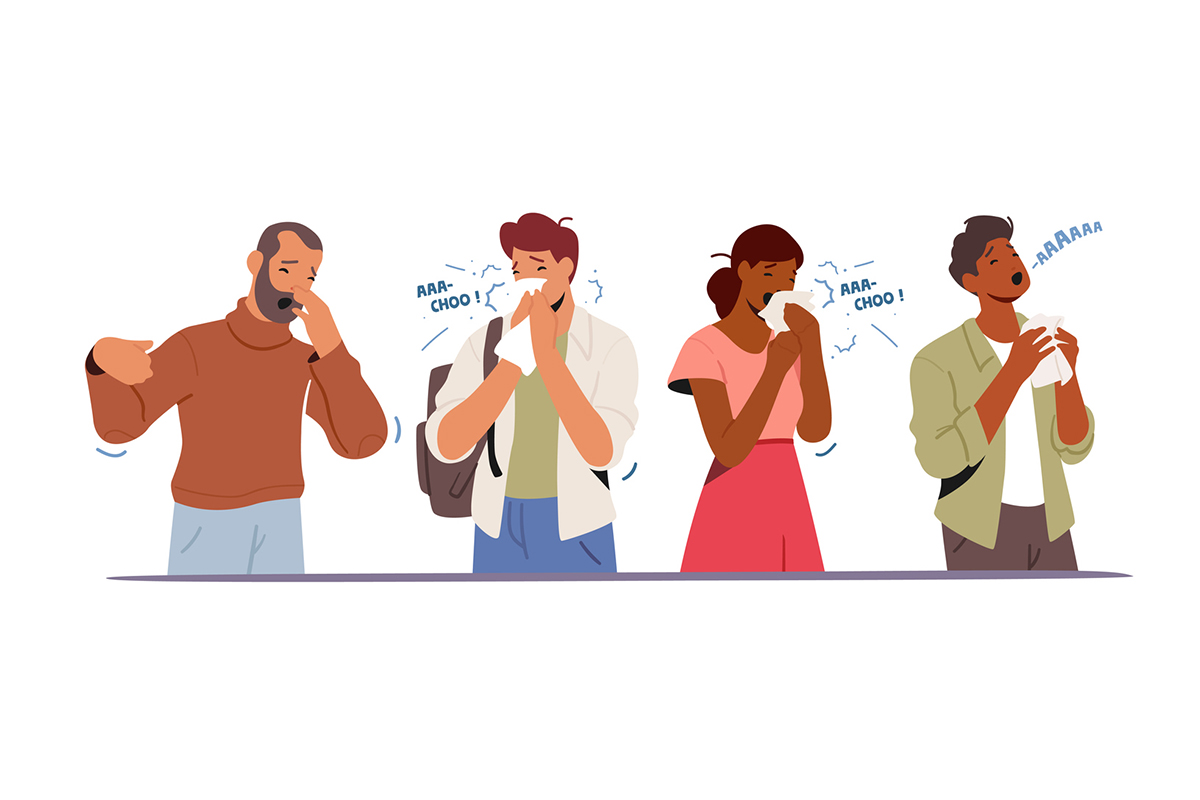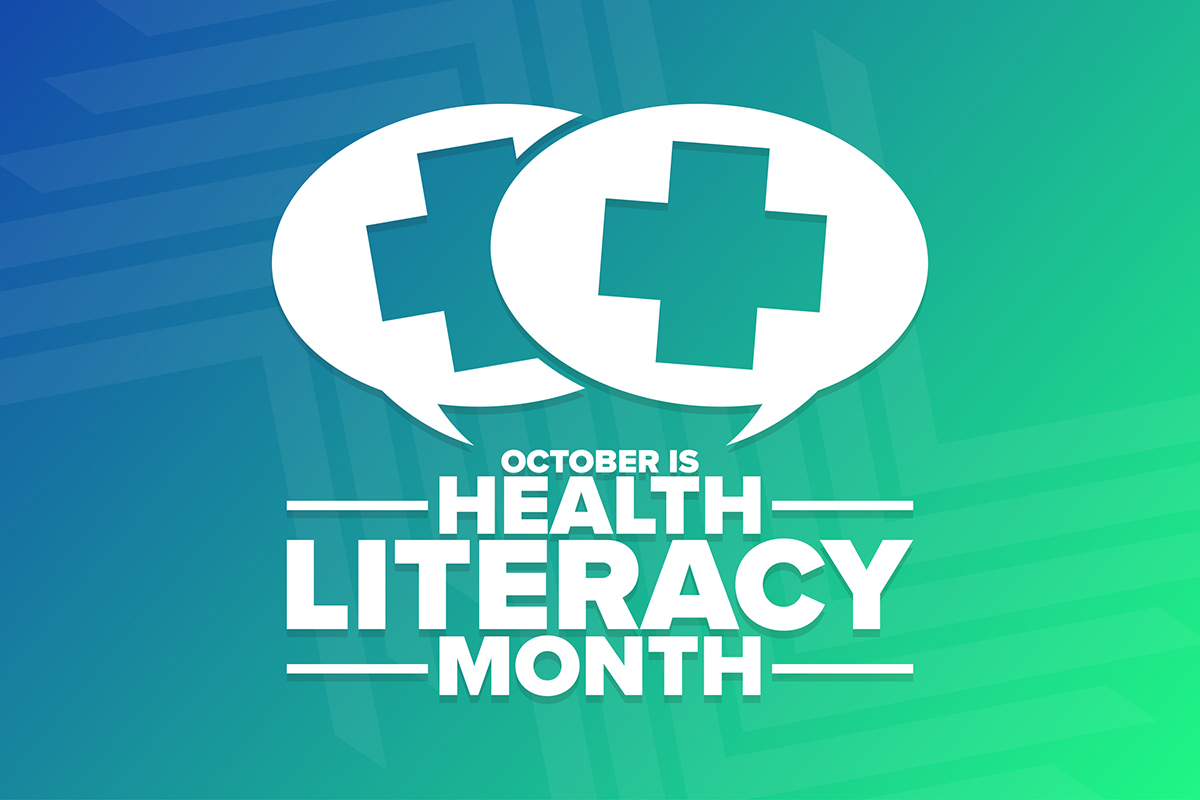Last week, amid the October Surprise of President Trump’s bout of coronavirus illness, it was dramatically underscored that COVID-19 isn’t going away. If even the White House was transformed into a “Red Zone”, with multiple staffers testing positive, our vulnerability to a dreaded second wave has been highlighted.
Outbreaks in communities in New York City prompted the reimposition of rules on public gatherings and even worship; European countries, Iran, India, and Israel have heightened restrictions in light of a wave of new cases. There’s a rewind toward mask and social-distancing violation fines, school and business closures, and plexiglass barriers.
The contentious US presidential campaign has polarized the issue, with each party hewing to extreme viewpoints on how to manage a crisis that isn’t abating. There are calls to “follow the science” and “listen to health authorities”, but by no means is there unanimity on what constitutes *science*.
Sweden is often cited as an example of successful light-touch management of the pandemic. While deaths and hospitalizations initially exceeded their more locked-down Scandinavian neighbors, their economy took far less of a hit, and photos of mask-less Swedes enjoying gracious meals in quaint cafes were the envy of their sequestered peers in other countries. Now their death rate is negligible.
Sweden, too, is experiencing an uptick in cases but they’re trying to manage it with voluntary restrictions to avoid draconian infringements. By no means have they attained the threshold of 60-70% infections that’s classically cited as a prerequisite for herd immunity, but the science is dodgy on this. It may be that a modest two-digit exposure rate will impede the virus’ progression. To be seen . . .
Which brings us to the title of this week’s newsletter article. The Talmud tells the story of a rabbi who, while on a journey, reached a crossroads. He asked a small boy there for directions. The boy asked, “Do you prefer the short, long road, or the long, short road?” The rabbi chose the short, long road, and made quick progress, but upon nearly reaching his destination he found his way obstructed by complicated pathways among forests and orchards. Encountering the boy later, he complained that it took a long time. The boy replied, “Did you not choose the short, LONG road?”
The moral of the story is that you eventually get to your destination either way—it’s a matter of how you get there. And this parable may have relevance to the resolution of COVID-19. Our initial efforts to “flatten the curve” were not intended to snuff out the disease, but rather, to prevent overwhelming our healthcare system—a delaying tactic. It was inevitable that, once stay-at-home orders were lifted, and public frustration with restrictions boiled over, cases would increase. Most countries took the short, long road of lockdowns; others, like Sweden and Brazil, the long, short road of fewer strictures, more upfront difficulties, but with the prospect of quicker resolution. We’re not at the end of the journey yet, so it remains to be seen whose strategy will ultimately pay off in terms of death rates and suffering, factoring in the social and economic toll of bringing society to a standstill.
In a podcast last week, I discussed the controversy with Dr. Robert Verkerk, Scientific Director of the Alliance for Natural Health International. In a video entitled “Casedemic” he contends that inaccurate testing and poor attribution of cause-of-death have inflated the statistics on COVID-19, stampeding government authorities into inordinate lockdowns. More “cases” picked up by overly sensitive tests do not necessarily portend more coronavirus deaths.
(Read the latest World Health Organization statement on lockdowns here: “Impact of COVID-19 on people’s livelihoods, their health and our food systems”.)
Now we have the public spectacle of Donald Trump’s illness, which can be viewed either as a vindication for critics of the President’s allegedly cavalier management of the pandemic, or alternatively, a testament to the efficacy of current treatments and a reassurance that the virus is something most people—even if older and overweight—can overcome.
Germane to this controversy is last week’s Great Barrington Declaration. A group of doctors, scientists, and laypersons (you won’t find Anthony Fauci or Bill Gates among them) published a manifesto calling for a “Focused Protection” strategy as an alternative to crippling lockdowns. They argue:
“Coming from both the left and right, and around the world, we have devoted our careers to protecting people. Current lockdown policies are producing devastating effects on short and long-term public health. The results (to name a few) include lower childhood vaccination rates, worsening cardiovascular disease outcomes, fewer cancer screenings and deteriorating mental health – leading to greater excess mortality in years to come, with the working class and younger members of society carrying the heaviest burden. Keeping students out of school is a grave injustice.”
They assert with some justification that we can’t hunker down and await eventual deliverance with a vaunted vaccine—whose timing, safety, and efficacy are too uncertain.
Meanwhile, it was revealed that President Trump took a panoply of nutritional supplements—D, C, zinc and melatonin among other accompaniments to his cocktail of experimental treatments. Their efficacy has not been verified by rigorous scientific trials, but there was sufficient justification for his team of expert doctors at Walter Reed to include them alongside the promising drug therapies he was administered. Bear in mind, there is currently no approved treatment or preventative measure for COVID-19, neither drug nor nutraceutical. Combatting COVID-19 remains an improvisation, informed by emerging data, which is as yet inconclusive.
Nevertheless, it’s an encouraging sign that some of the nutrients that are theorized to help immune response have found their way into treatment protocols. Trump’s experience will highlight for the public and the medical profession the plausibility of deploying supplements alongside conventional medications—it’s not an either/or.
For example, last week the Wall Street Journal published an op-ed entitled “Trump takes zinc. Maybe you should, too: Research suggests the mineral bolsters the immune system against Covid and other diseases”. We’ve come a long way!
As we travel through this season of uncertainty, and in keeping with the spirit of the road metaphor, I want to leave you with the wishes of an Irish proverb: “May the road rise up to meet you / May the wind be always at your back / May the sun shine warm upon your face…”








